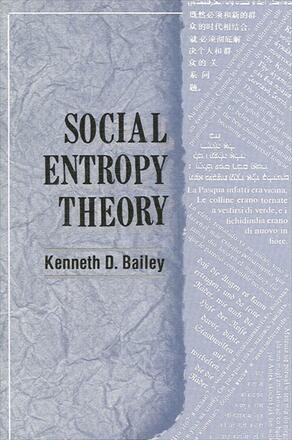
Social Entropy Theory
Alternative formats available from:
Description
Social Entropy Theory illuminates the fundamental problems of societal analysis with a nonequilibrium approach, a new frame of reference built upon contemporary macrological principles, including general systems theory and information theory. Social entropy theory, using Shannon's H and the entropy concept, avoids the common (and often artificial) separation of theory and method in sociology. The hallmark of the volume is integration, as seen in the author's interdisciplinary discussions of equilibrium, entropy, and homeostasis. Unique features of the book are the introduction of the three-level model of social measurement, the theory of allocation, the concepts of global-mutable-immutable, discussion of order and power, and a large set of testable hypotheses.
Kenneth D. Bailey is Professor of Sociology at the University of California, Los Angeles.
Reviews
"A powerful and insightful general theory of society which resolves several well-known problems with past efforts. " — Joseph Woelfel, State University of New York, Albany
"While specialized approaches do not have any way to indicate what is not being studied, an integrative approach such as Social Entropy Theory fills the critical role of illuminating gaps and inconsistencies in existing theory because it deals with the entire society, including those parts of it which narrower theories may not have specifically addressed. I think this is an important scholarly contribution. There is nothing else like it, and it deals with a very significant issue. " — James Grier Miller, University of California, San Diego